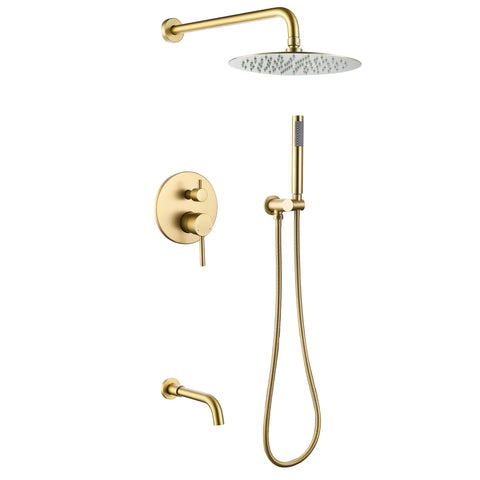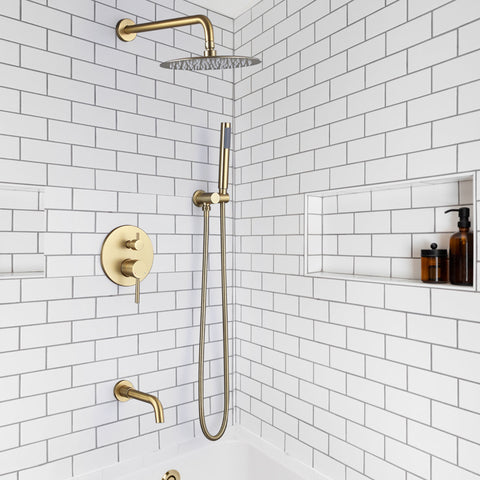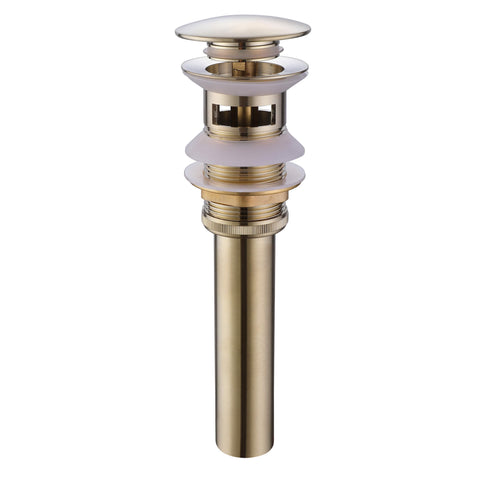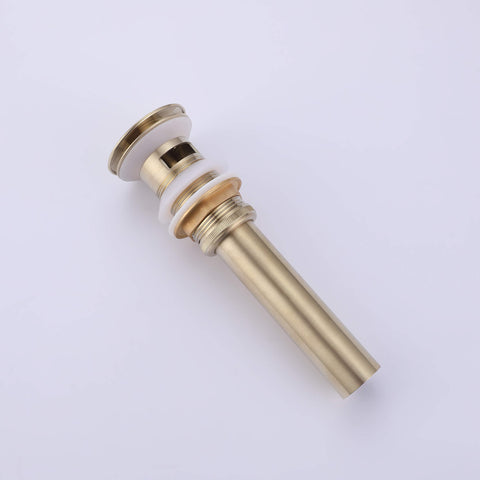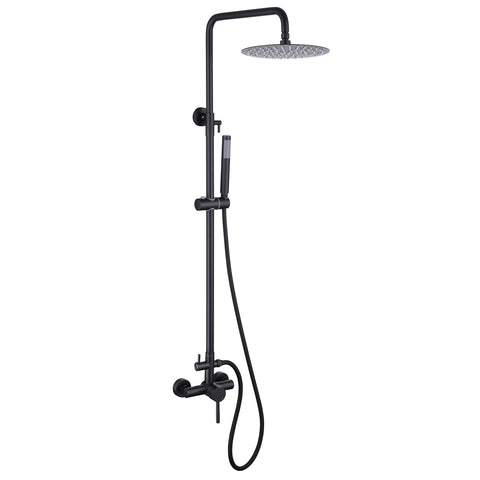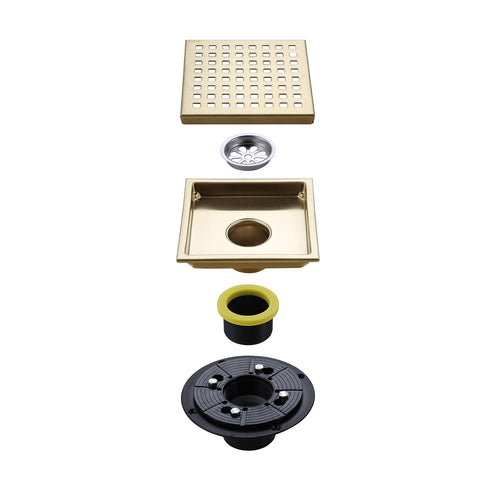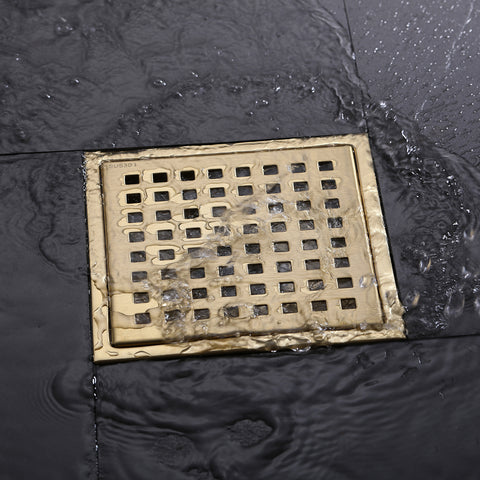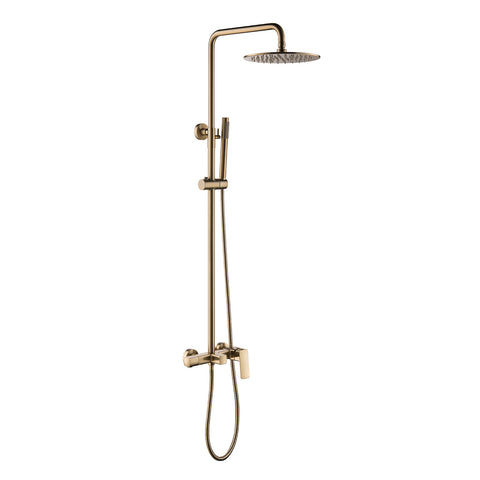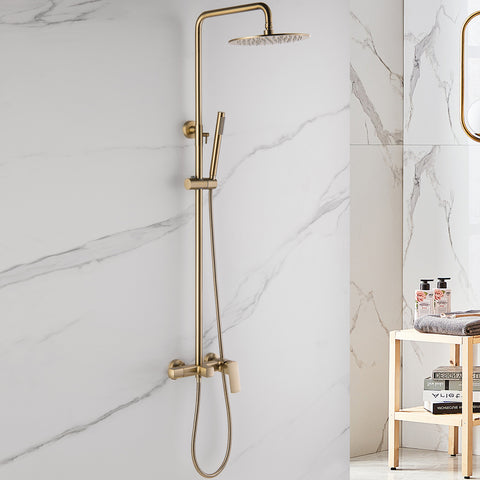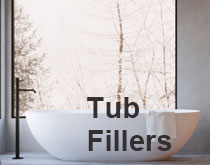Why Your Shower Faucet Drips After Being Turned Off: It's Not Always a Fault
Finding a shower faucet dripping when the water is supposedly off can be puzzling and frustrating. You might instinctively think it's a malfunction, but in many cases, it’s actually a normal phenomenon that doesn't require immediate repair. Let's delve into the reasons behind this seemingly strange behavior.
1. Thermal Expansion and Contraction
Water expands when heated and contracts when cooled. In a shower system, after using hot water, the components (pipes, faucet, etc.) begin to cool down. As the metal and other materials cool, they contract, sometimes causing residual water to be released from the faucet. This is a natural process and usually stops once the materials reach ambient temperature.
2. Residual Pressure in the Pipes
Even after the shower system is turned off, there may be some water left in the pipes due to residual pressure. This pressure can cause a small amount of water to drip out of the faucet until the pressure equalizes. This is especially common in homes with high water pressure.
3. Water in the Showerhead
Water that remains in the showerhead can also contribute to post-shower drips. After the shower is off, gravity can slowly pull the remaining water out, leading to a few drops or a small stream of water. This leftover water in the showerhead is not a malfunction but a normal part of the shower's operation.
4. Valve Design and Sealing Mechanism
The design of the shower valve and sealing mechanism can influence how well the faucet shuts off water flow. Some valves may allow a small amount of water to pass through even when closed, especially if there’s a slight imperfection in the seal. This is more of a design characteristic than a defect.
5. Temperature Changes in the Environment
Environmental temperature changes can also play a role. If there’s a significant difference in temperature between the water inside the pipes and the surrounding air, condensation can form inside the pipes and the faucet. This condensation can then drip out, mimicking a leak.
6. Mineral Buildup
In areas with hard water, mineral deposits can build up inside the faucet and pipes. While not causing a direct leak, this buildup can affect how tightly the faucet shuts off. Regular cleaning and maintenance can help minimize this issue.
When to Worry
While the reasons mentioned above explain why a shower faucet might drip when off, it’s important to distinguish between normal drips and potential issues:
- Constant Dripping: If the faucet drips continuously rather than just for a short period after use, it could indicate a worn-out washer or a more significant issue with the valve.
- High Water Bill: An unexplained increase in your water bill might suggest more than just residual drips.
- Noise: Any unusual noises accompanying the drips could be a sign of pressure issues or problems within the plumbing system.
Conclusion
In most cases, a shower faucet dripping after being turned off is not a cause for concern. Understanding the reasons behind this behavior can save you from unnecessary worry and repair costs. However, if the dripping is continuous or accompanied by other signs of trouble, it might be worth consulting a professional plumber to ensure everything is functioning correctly.
Regular maintenance and awareness of your plumbing system’s normal behavior can go a long way in preventing and addressing issues effectively. Happy showering!
